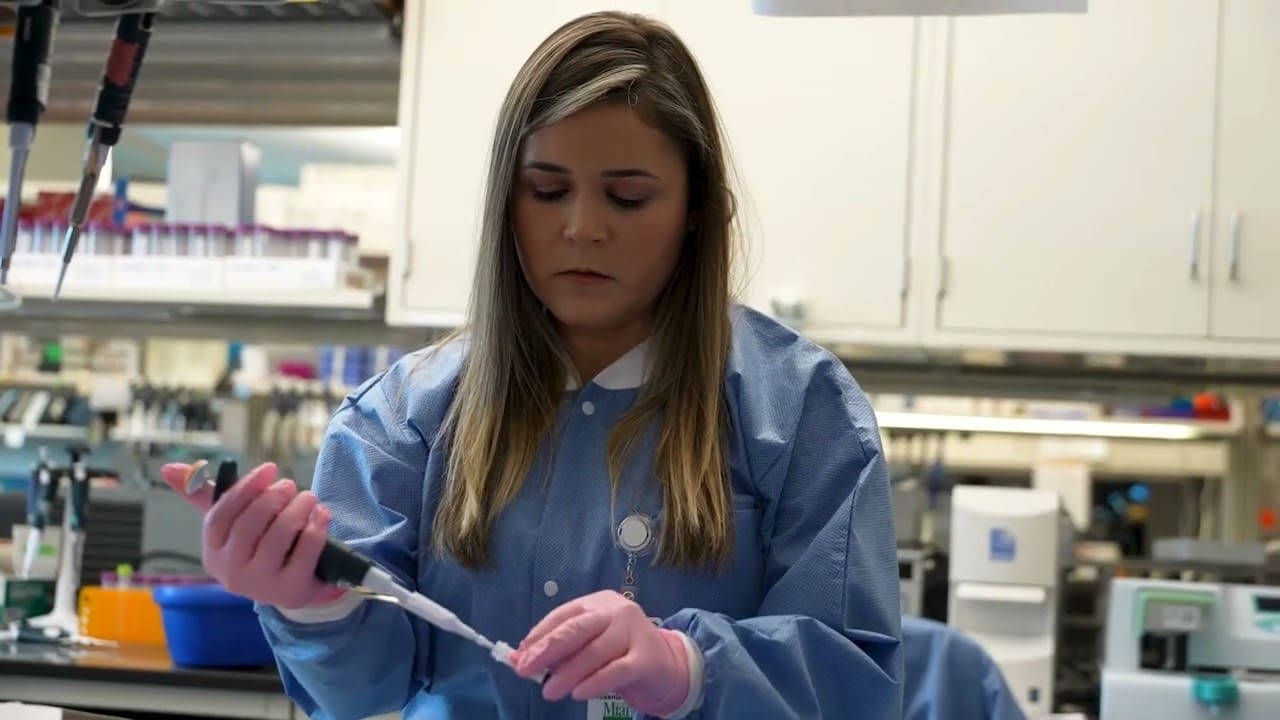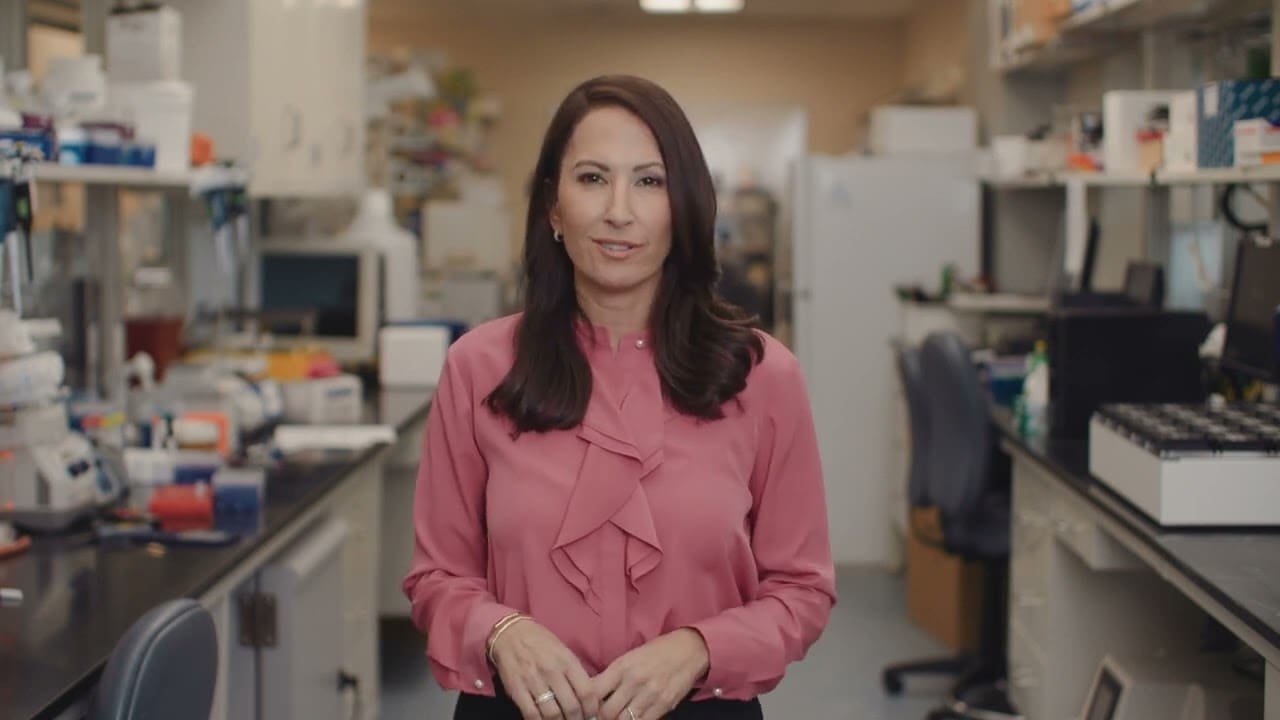Alz in the Hispanic Community
https://www.youtube.com/watch?v=ZyIH3eVroW0
The University of Miami Health System, through its Genomic Institute, is spearheading an initiative to increase Hispanic participation in Alzheimer’s research. The primary goal of this study is to identify genetic risks associated with the development of Alzheimer’s disease in the Hispanic-Latino population, which have not been extensively documented in medical literature.
Carolyn Banks’s story is not uncommon. As she noticed her older sister’s memory fading, her own brain health became a source of concern. This personal experience is reflective of a larger, more troubling trend observed in Miami-Dade County. The fear of memory loss, difficulty in recalling words, and names slipping away are signs that resonate with many in the community.
Despite Hispanics having the second highest risk of Alzheimer’s, they are only included in 1% of the studies conducted. Increasing their inclusion is not just about representation; it’s about improving access to medical resources and developing treatments specifically tailored for the community.
Jesús Carcases and his wife, who are caregivers for their 57-year-old daughter with Alzheimer’s, are participating in the study. They believe that involvement in such research is crucial for finding better outcomes. “This disease greatly affects families. We need to participate to seek better results,” says Carcases.
While there is currently no cure for Alzheimer’s, identifying specific human genome variants in this population can aid in creating preventive measures, especially for families at high risk of the disease. “Participating and helping this cause makes you feel good and happy,” adds Carcases.
For more information about Alzheimer’s studies or to participate, individuals can call 877-582-2788 or visit thedawnstudy.com.
Dream Spring, dedicated to transforming dreams into reality, believes that every dream deserves a chance. They are committed to changing lives and transforming communities through their support.


